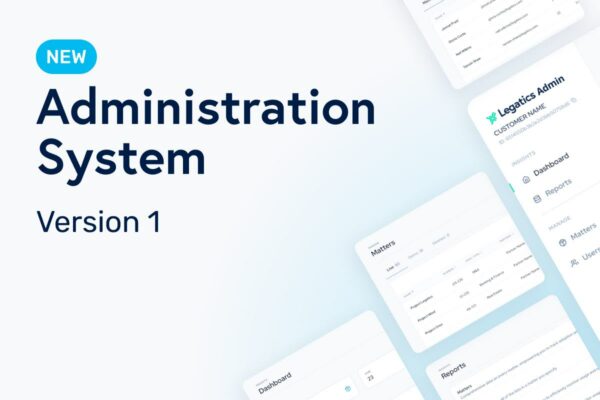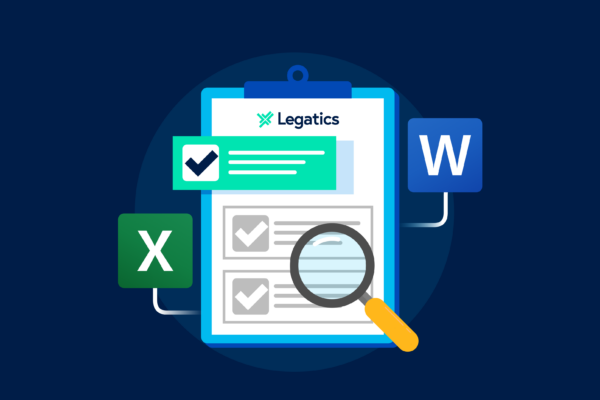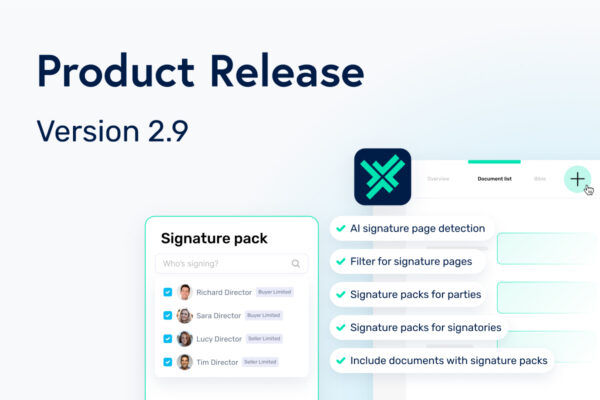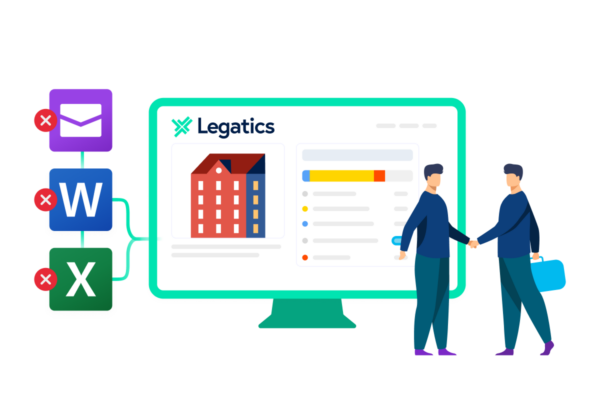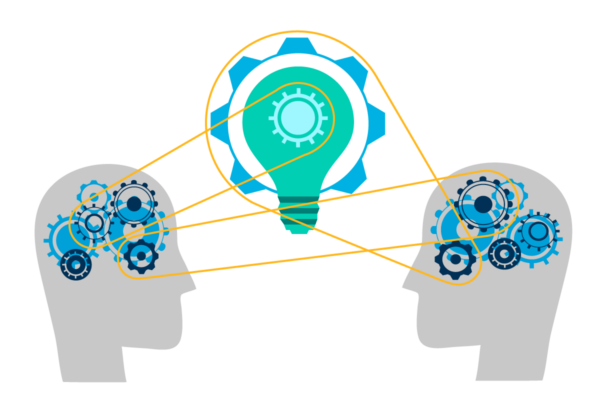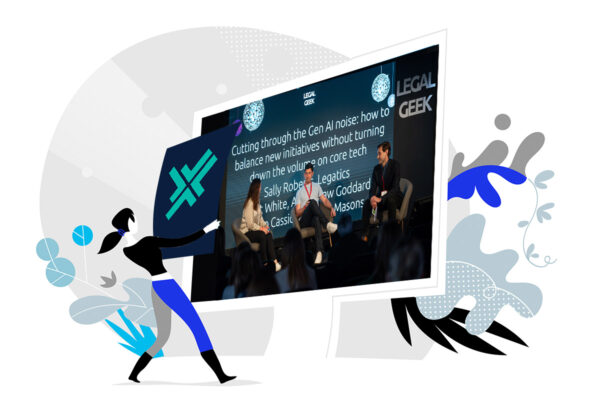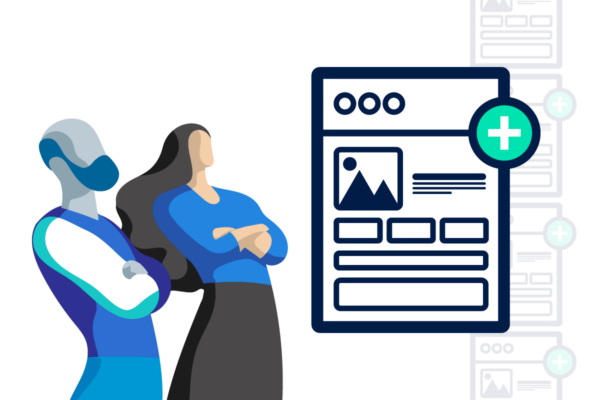For some of us, the extent of feedback we’ve ever given on a piece of software might be the call quality star rating at the conclusion of a Skype call. We might not give a second thought to how that feedback is collected, analysed and relayed to a development team to improve the product that we are using.
As part of the Customer Success team at Legatics, one of our key tasks is to speak to our customers and understand their experience of using the platform – what can be improved, what doesn’t quite look or work the way it should, why a visual workflow should be tweaked to reflect real life processes.
Our customers are mostly lawyers or legal professionals and I have often heard it said that “lawyers are slow to embrace change” or “it’s difficult to get lawyers to engage with technology”. My experience, however, has been that these assumptions are far from true and in fact when you get your technology in the hands of lawyers they can be your greatest product advocates.
Always aspire to perfection
Maybe it’s because legally trained professionals are sticklers for accuracy, but they have taught me to always aspire to create a perfect product, even if you might not ever get there, because there is no one size fits all. In the startup space we often talk about ‘minimum viable products’ and ‘pivoting’ and we accept that the journey to creating a product the majority of users will engage with and find useful is not a straight and easy path.
Our lawyer users have embraced our software in a way I never expected and yet still they are never completely satisfied and it’s what I love about their constructive feedback. There is always a comment at the end of a conversation – “But if you just added this…” or “Maybe inserting a pop-up here would help…” – that shows they are always keeping the perfect product on their horizon and are eager to help us get there.
Be creative with workarounds until you get there
Lawyers are trained to look for risks and pitfalls, but they are also trained to find solutions, and when it comes to LegalTech I have seen some of them explore surprisingly creative workarounds to problems. Many of those that have embraced Legatics have been finding workarounds for years before our platform came along to solve some of those problems in one sweep.
But even within our software they are curious to find shortcuts, or better ways to get the result they want until we have been able to incorporate requested features. And it has made those features even better, because our developers and UI experts get a better understanding of the way our lawyer users engage with the software, the nuances of their working practices and therefore how we can reflect that in our product.
Appreciate the small wins
Our lawyer users celebrate and thank us for every little tweak and improvement that we make to the Legatics platform. By noticing the small things, they turn them into big things for us, and I am so grateful for that. They have reminded me and our team to appreciate what may seem like tiny refinements but in fact involve a lot of hard work and development in the back-end.
Maybe it’s because lawyers know what it is to put in the hard work in the background. Maybe it’s because they know that the road to perfection is a journey and there are milestones along the way that ought to be recognised. Maybe they just really like seeing technology being built for them. Whatever it is, their feedback is what continues to make our product better and the more LegalTech companies embrace lawyers and bring them along on the journey, the more we can bring about transformation.


